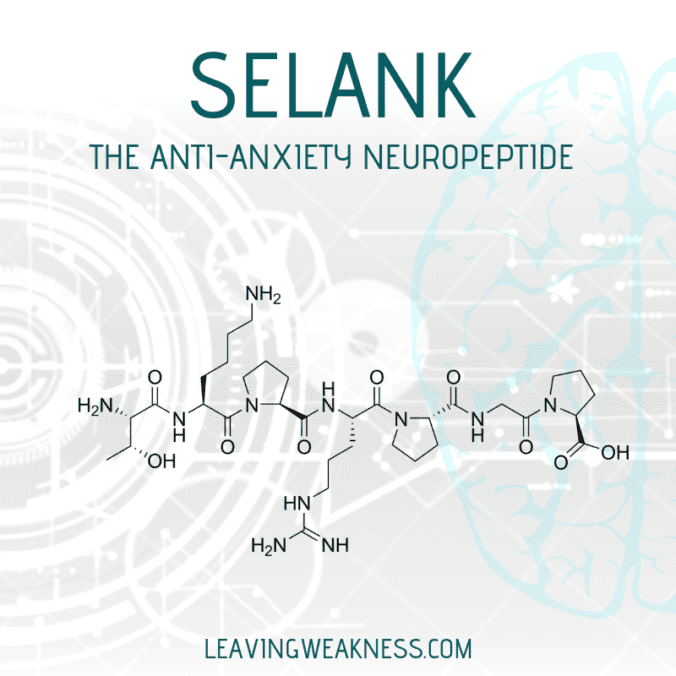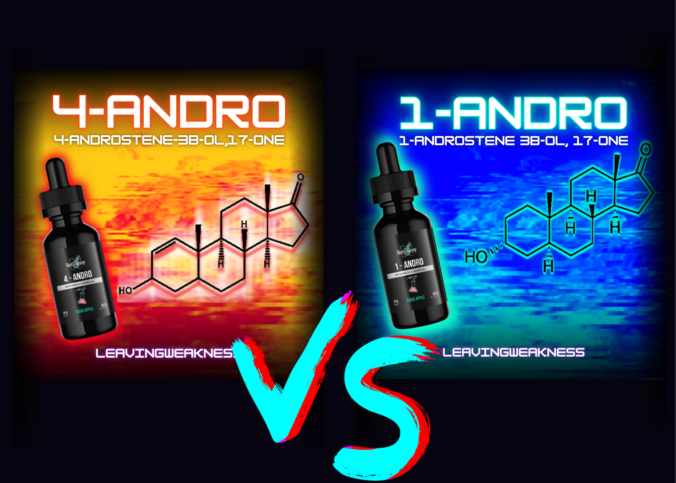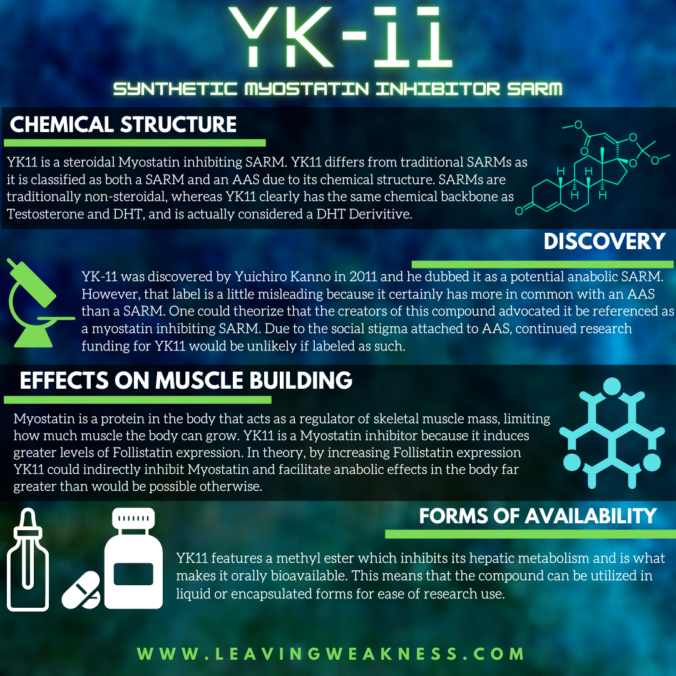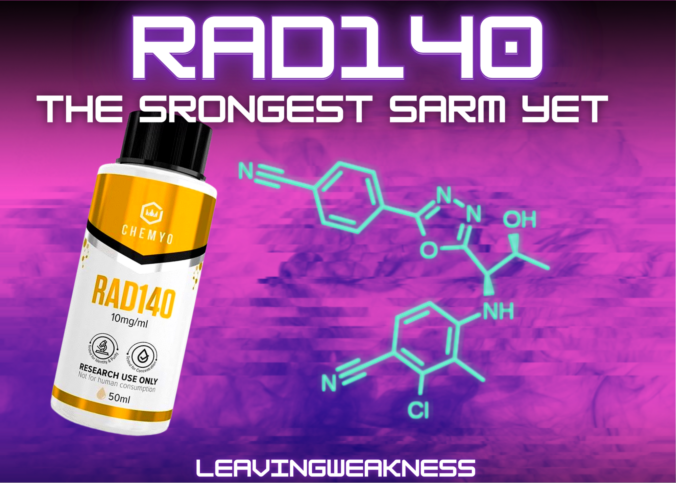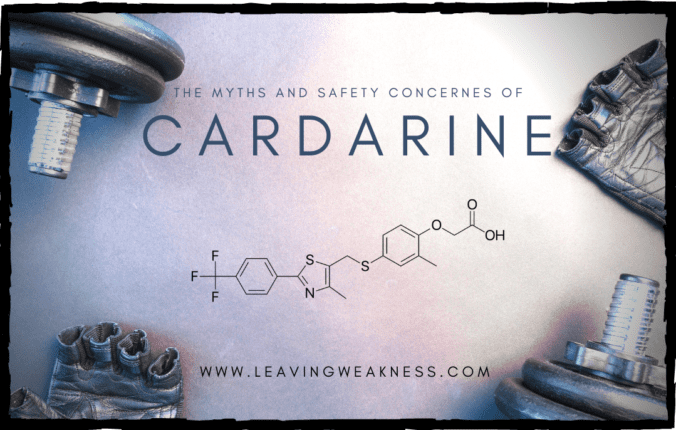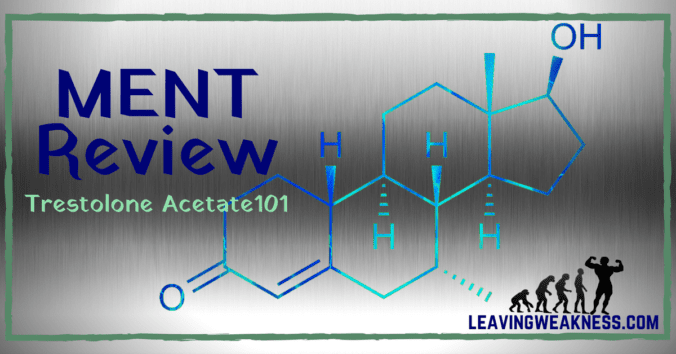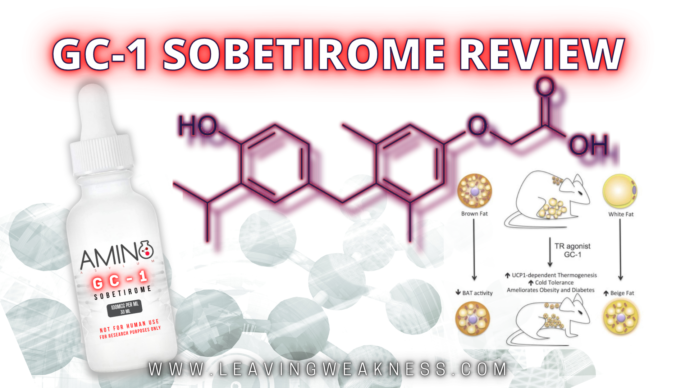YK11 was discovered in 2011 by Yuichiro Kanno of Toho University. It is a steroidal selective androgen receptor modulator (sarm). It is a gene-selective partial agonist of the androgen receptor
YK11 is actually a myostatin inhibitor. Myostatin inhibits muscle growth. So by inhibiting the inhibitor, YK11 should elicit more pronounced muscle growth and has also been shown to be more anabolic than dihydrotestosterone (DHT).
Here is a published study on YK11 that is worth a read.
Is YK-11 a Steroid or a SARM?
YK-11 was discovered When Yuichiro Kanno discovered YK-11, he dubbed it as a potential anabolic SARM. However, that label is a little misleading because it certainly has more in common with a steroid than a SARM. Continue reading

